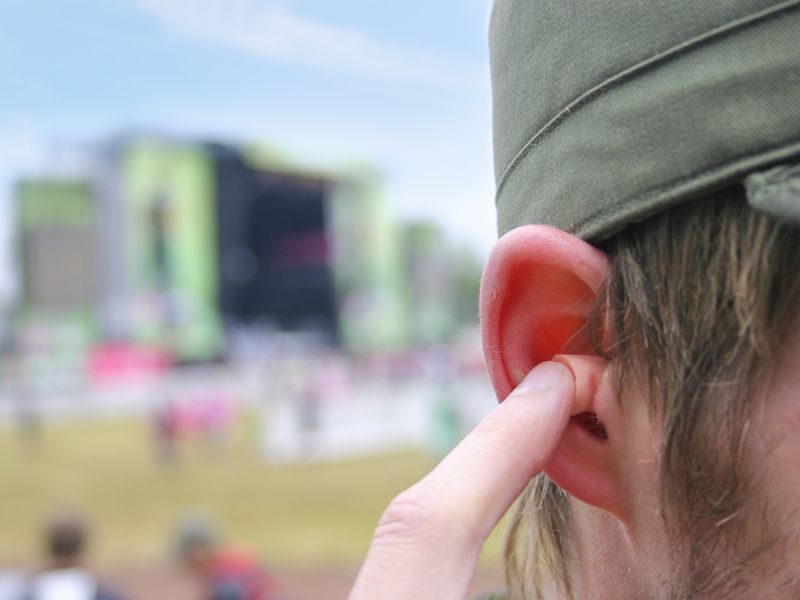
If you’re exposed to loud noises, for instance using a lawnmower in your yard, going to a venue to see your favorite band play, or merely sleeping in your own bed beside a snoring spouse, earplugs may be practical. In the first two instances, they can help safeguard your hearing by turning down the volume. In the last case, they lower the decibels and help protect your sanity (and maybe your marriage) by allowing you to get a good night’s sleep. But are these ear protectors, in fact, causing damage to your ears?
Why Utilize Earplugs at All?
The case for earplugs is pretty simple: When used properly, earplugs can minimize your exposure to extreme sound levels and thereby safeguard your hearing. After you leave a loud place, like a football game where the announcer keeps telling the crowd to, GET LOUD, when the opposing team kicks off, you’ve most likely noticed that your hearing seems different, and you might also have symptoms of tinnitus. Those small hairs are bent by this type of noise exposure and that’s why this happens. It usually goes away within a day or two, because the hair cells have recovered.
But if you’re subjected to extreme decibels constantly, for instance, if you work on a construction crew or at an airport, the audio assault on those tiny hair cells is relentless. In this circumstance, those hairs never recover, they are permanently injured. There are around 16,000 of those little cells in each cochlea, but up to 50% of them can be injured or destroyed before your hearing has changed enough for the problem to show up in a hearing assessment.
How Could Earplugs Lead to Damage?
With regards to safeguarding your hearing, you’d think it would be a no-brainer to wear earplugs. But primarily if you’re in situations where you’re subjected to loud noises on a regular basis (like on the job or when your significant other snores as mentioned), headphones that limit, but don’t completely cancel, sound or over the head earmuffs are a much better idea. Earplugs are better applicable to one-off situations like a sporting event or concert than for everyday use.
Why? For one, earwax. Your ears make wax to defend themselves, and if you’re always using earplugs, more earwax will be generated, and you’ll probably push it in with the plugs. This can cause problems such as impacted earwax, which can trigger tinnitus and other hearing issues.
An ear infection can be another complication for those who use earplugs. If you continuously use the same pair, and you don’t clean them properly from use to use, they can become bacteria traps. Ear infections are, at the very least, a painful irritation. But at the negative end of the spectrum, they can also be the cause of hearing loss if neglected.
How Can You Safely Utilize Earplugs?
Whether it’s a restful night sleep or protecting your hearing, there’s still a strong benefit to wearing earplugs. You just need to be sure you’re using the right kind and using them in the right way. Foam earplugs are the least expensive, which is helpful because you really shouldn’t reuse them, the cushy, porous material is a germ’s paradise. Wax or silicone earplugs are reusable, but you have to keep them sanitized, use warm water and mild soap to cleanse them, and don’t put them back in your ears until they’re totally dry. Buildup of moisture can cause bacteria or mold so store your earplugs in a well ventilated container.
You may want to contact us about custom fit earplugs if you want or need them regularly. They’re comfortable since they are crafted from molds of your ears and they’re reusable. But it’s essential not to forget, smart earplug hygiene can lessen hearing damage.

